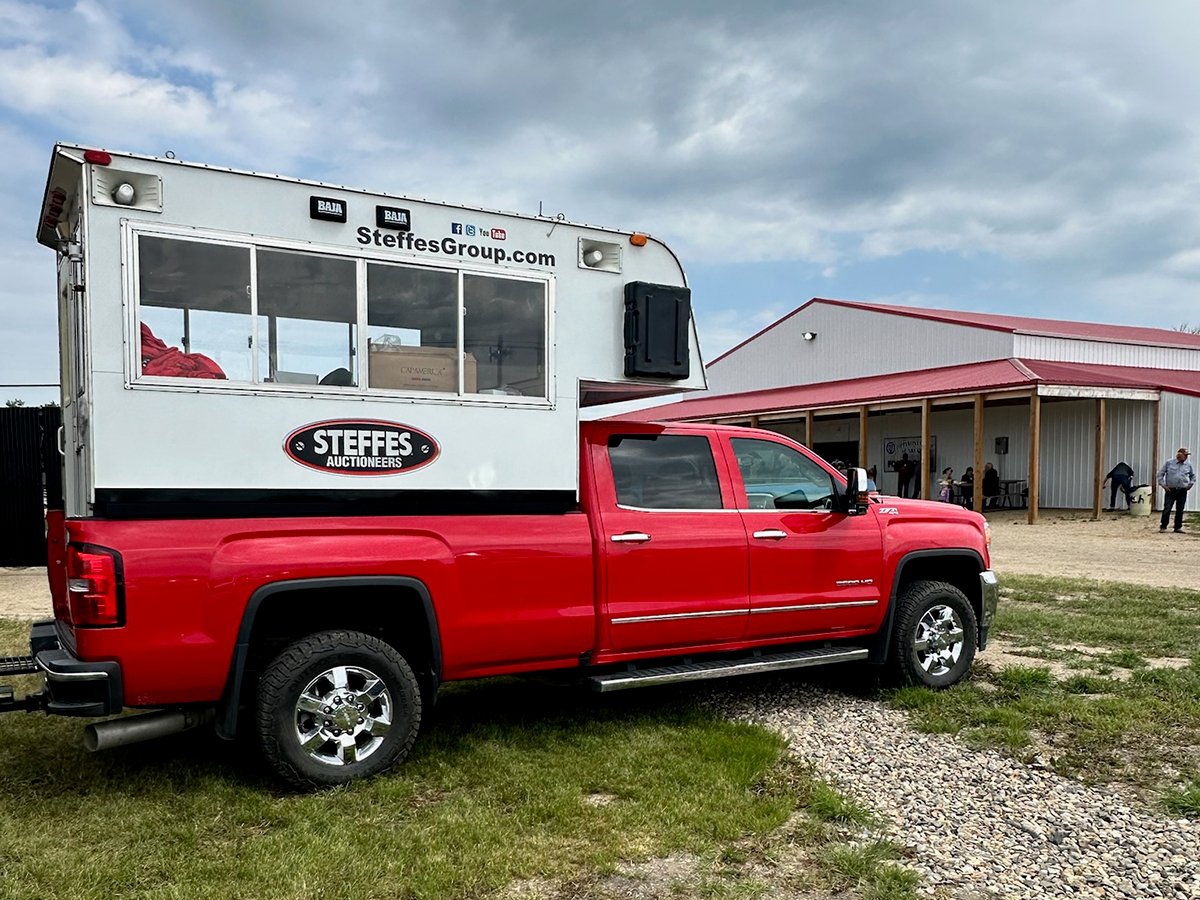Cancer hurts, and a patient’s fear of what lies ahead can only make it worse.
Nicole Alberts, a University of Regina clinical psychology doctoral student, hopes an eight-week online pilot project will help improve mental well-being for patients who have returned to their communities following cancer treatments.
“Travel is hard for some people,” she said. “This brings it closer to them.”
Online therapy also offers a discreet option for those less comfortable talking with therapists face-to-face about their feelings, she added.
Alberts is seeking volunteers in Saskatchewan to participate in the program aimed at managing depression.
Read Also

Farm auctions evolve with the times
Times have changed. The number of live, on-farm auctions is seeing a drastic decline in recent years. Today’s younger farmers may actually never experience going to one.
Studies have shown a link between physical and emotional health.
“Research indicated a diagnosis of depression and depressive symptoms predicted elevated mortality among cancer patients,” she said. “Research is now trying to find out if treatment of depression is directly related to increased survival times.”
The program, based on cognitive behavioural therapy, includes five lessons designed to help participants learn to identify and manage negative thoughts that are fueling anxiety.
“Adjusting how you think about things affects how we feel,” said Alberts.
“So if you can shift those a bit, you can experience a good change in mood.”
Participants will have access to Alberts and a registered psychologist and will hear about other cancer survivors’ struggles with depression and anxiety.
She said rural residents may feel a greater loss of safety nets after cancer treatments because of fewer mental health services and support networks outside urban areas.
“People are saying they would like some support in that time after treatment,” she said.
Alberts said the program, based on a well-being program in Australia, is supported by funding from the Canadian Institutes of Health Research. There is no similar online program for cancer survivors, she said.
It will run through the summer and can accommodate up to 50 people.
Participants will complete questionnaires at the beginning and end of the program to gauge how their symptoms changed.
In addition, Alberts will follow up with clients by phone, asking for feedback on the program and suggestions for improvement.
She will also seek feedback from cancer centre workers.
For more information, contact Alberts at 306-585-4203 or nicole.alberts@uregina.ca.














